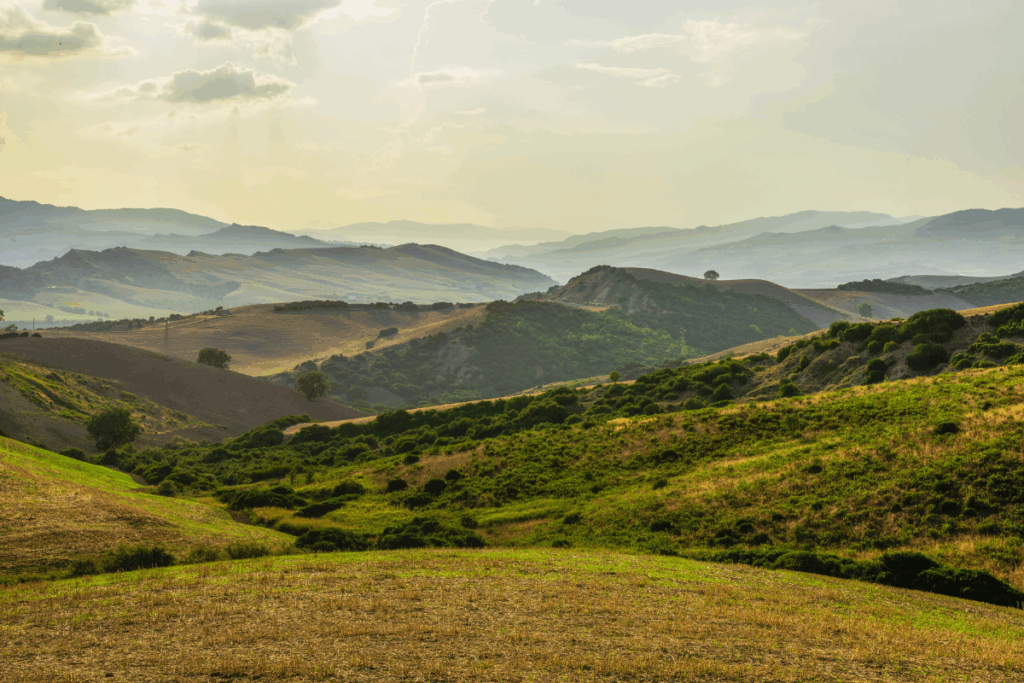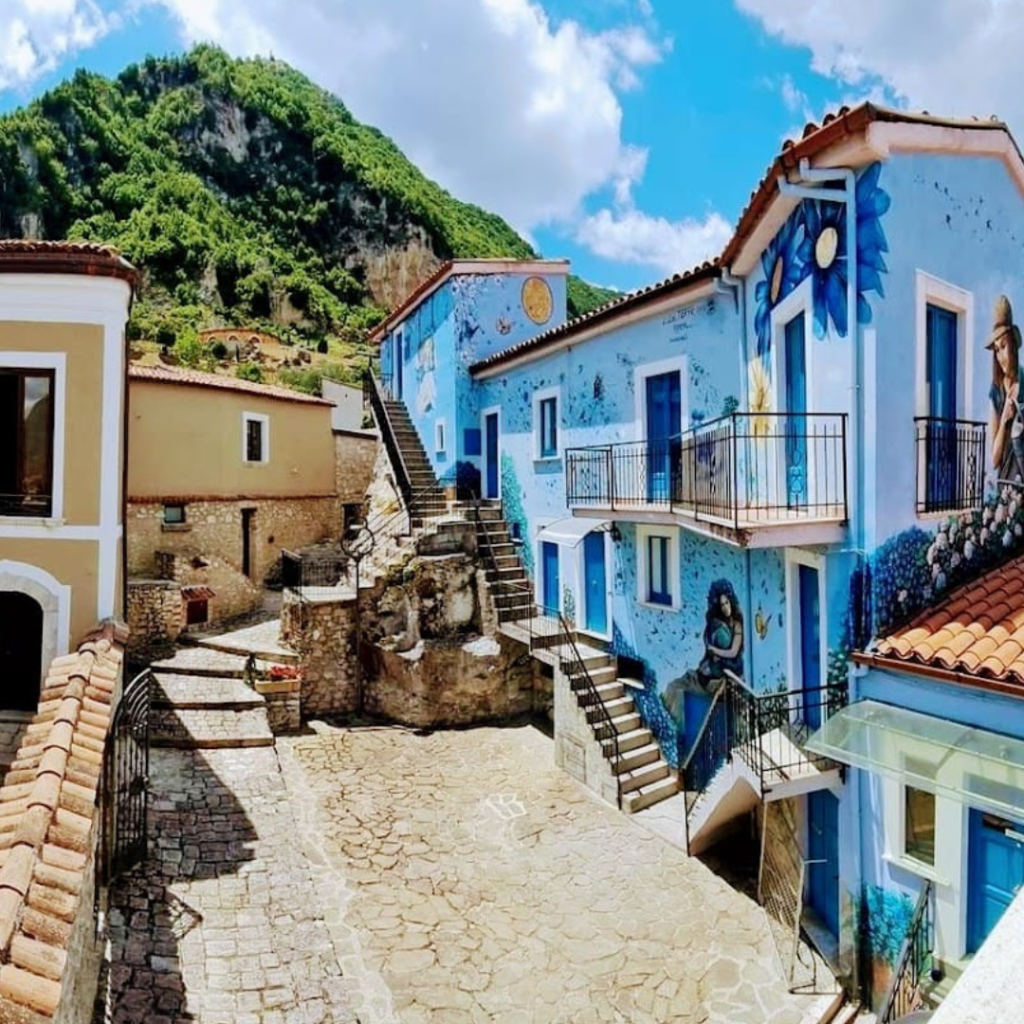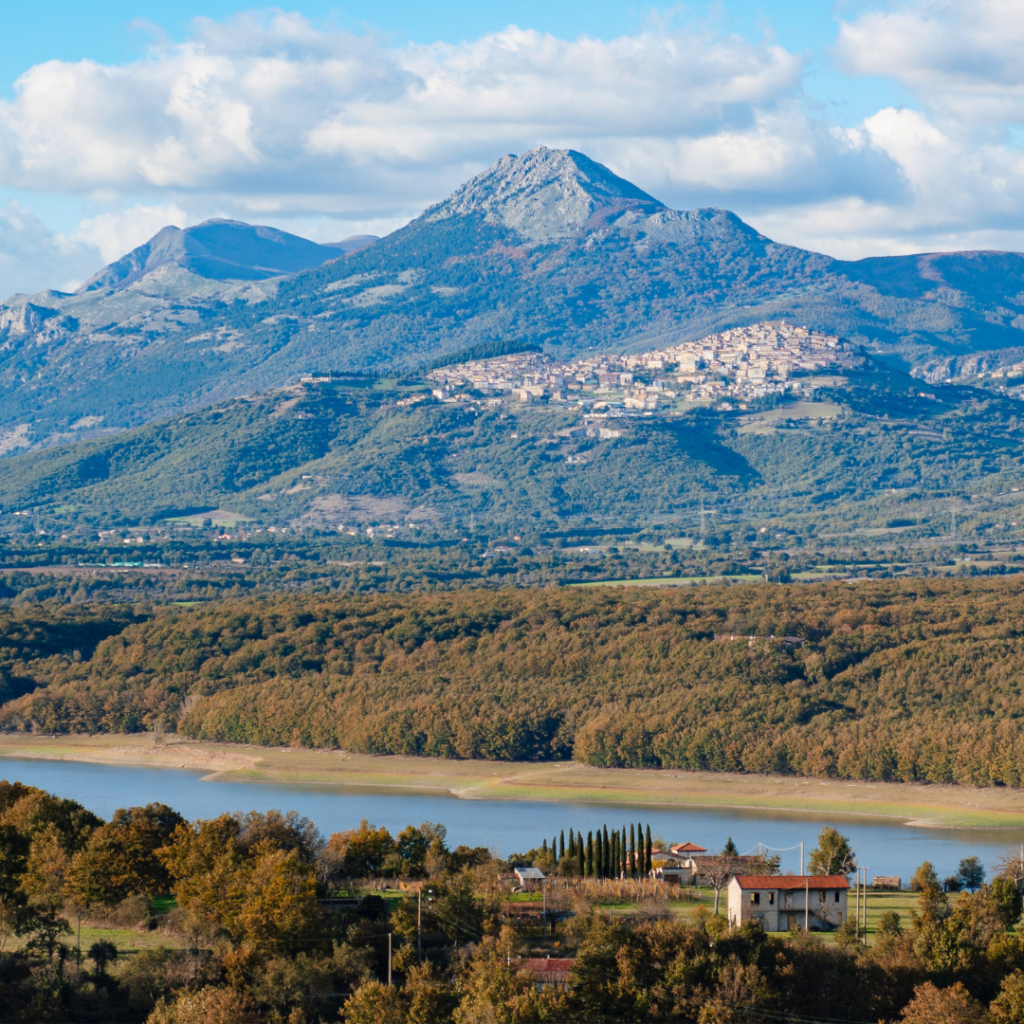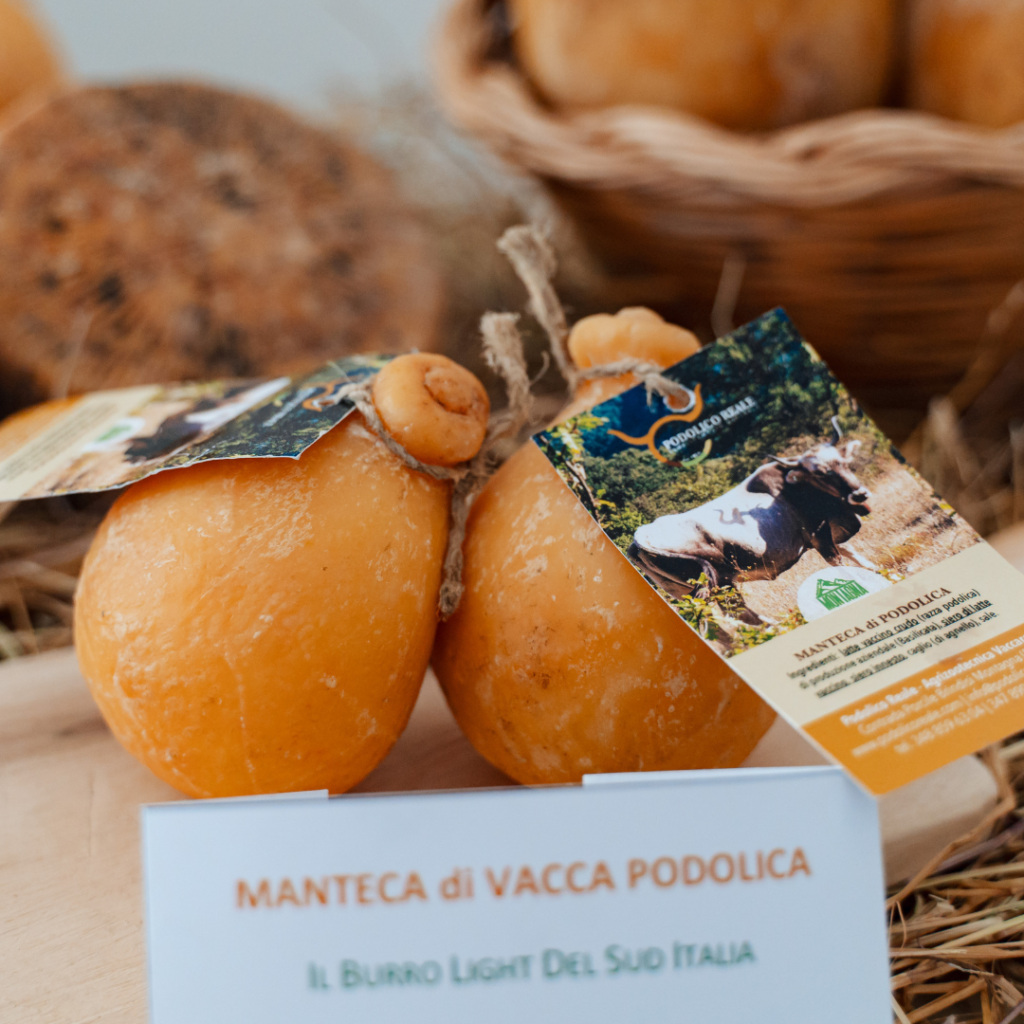
Basilicata: Nature and Villages
Basilicata is a region that doesn’t reveal itself all at once — it must be discovered slowly, lived with the heart, and absorbed in silence. It’s a land of authentic contrasts, where time seems to have chosen to slow down.
From the lunar landscapes of the “calanchi” (clay badlands) to the dense forests of the Pollino, from villages clinging to rock faces to the wild beaches of the Tyrrhenian and Ionian seas, every corner is a world of its own, ready to surprise even the most seasoned traveler.
This southern Italian region holds a proud and ancient soul, reflected in its people, its millennia-old traditions, and a beauty still far from mass tourism.
A journey through Basilicata is a return to origins — an intense and genuine experience.

Villages of Lucania
Basilicata is home to many enchanting villages, each with its own story and timeless charm. Castelmezzano and Pietrapertosa, perched among the Lucanian Dolomites, are famous for the Volo dell’Angelo (“Angel’s Flight”), a unique zip-line experience between two rocky peaks.
San Angelo Le Fratte, with its breathtaking views, stone houses, and local traditions, perfectly embodies Lucanian authenticity.
Other gems include Acerenza, with its Norman cathedral, Craco, the haunting ghost town, and Satriano di Lucania, known for its colorful murals.

Untouched Nature
Basilicata is a paradise for nature and outdoor lovers. The Pollino National Park — the largest in Italy — offers stunning views, hiking trails, canyons, and rivers perfect for rafting.
Among the Lucanian Dolomites, thrill-seekers can experience the Volo dell’Angelo, flying between mountain peaks, while in the Gallipoli Cognato Park, visitors can walk through beech forests and ancient settlements.
The Lucanian coasts — both Ionian (Metaponto, Policoro) and Tyrrhenian (Maratea) — feature peaceful beaches, crystal-clear waters, and pristine landscapes.

Traditions, Flavors, and Culture
The true essence of tourism in Basilicata is also found in its traditional cuisine: Matera bread, peperoni cruschi (crispy dried peppers), caciocavallo podolico cheese, and lagane e ceci (a rustic pasta and chickpea dish).
It’s a peasant cuisine, shaped by ancient gestures and honest ingredients — best enjoyed in family-run agriturismos and rustic trattorias.
The region also boasts a rich intangible heritage: religious festivals, processions, and traditional celebrations such as the Parata dei Turchi in Potenza or the Festa della Madonna della Bruna in Matera tell the deep story of a proud people rooted in tradition.
